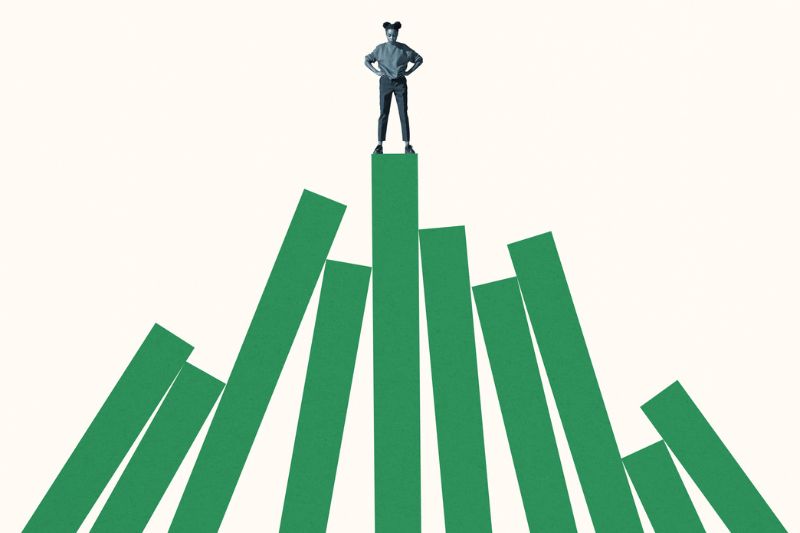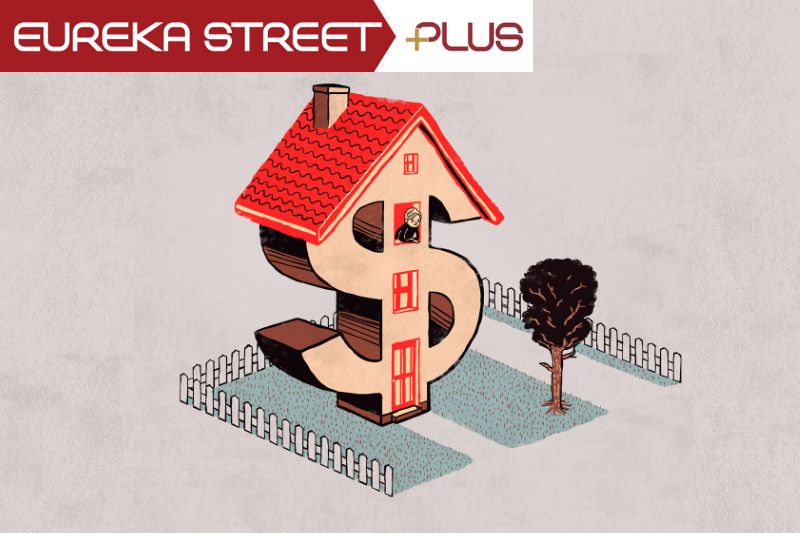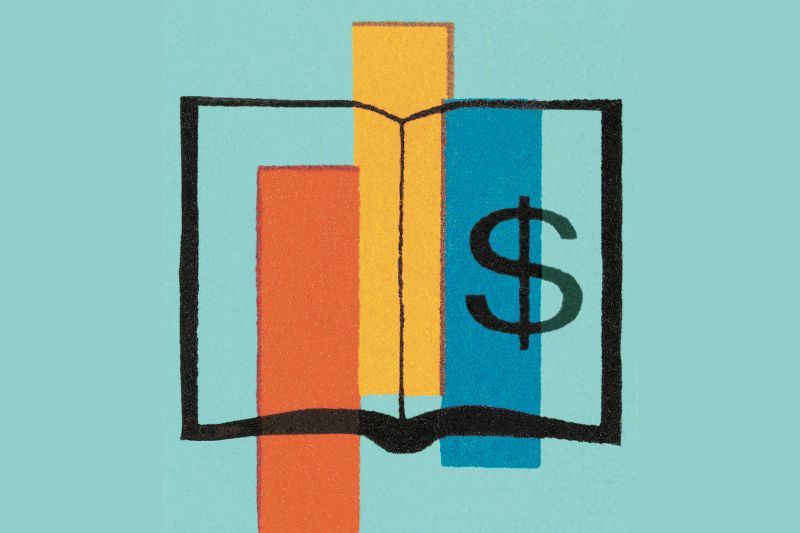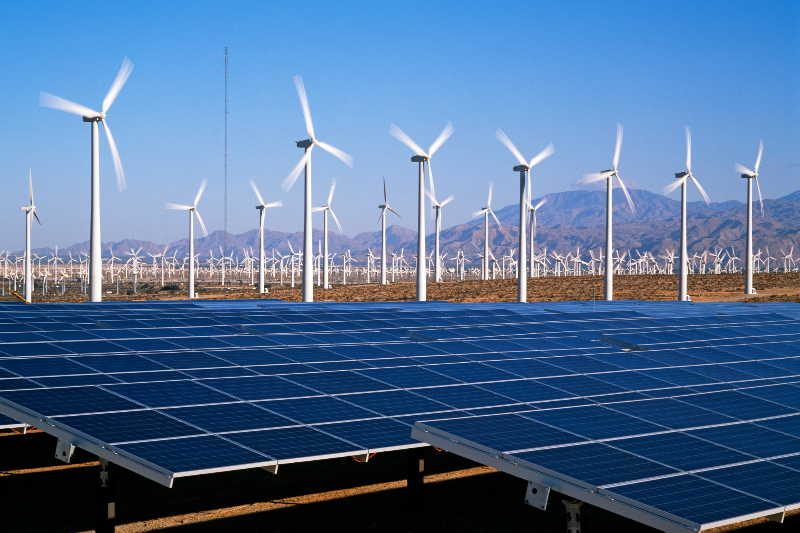Keywords: Financialisation
-

AUSTRALIA
- David James
- 04 April 2025
As house prices soar and home ownership slips out of reach, Australia’s property market has become a $10 trillion engine of inequality — and yet, no major party will touch it. With an election looming, silence on the housing crisis reveals a deeper dysfunction: a political economy captive to debt and speculation.
READ MORE 
-

ECONOMICS
- David James
- 11 December 2024
BlackRock CEO Larry Fink predicts AI and shrinking populations will bring higher living standards without growth. But his optimism overlooks a critical flaw: conflating productivity, efficiency, and the true cost of 'growth.' With economic foundations shifting, the future demands a radical rethinking of capitalism’s purpose and the systems driving it.
READ MORE
-

ECONOMICS
- David James
- 14 October 2024
Advanced industrial societies are running out of ideas, masking stagnation with financial trickery, which is now faltering. In contrast, developing nations can clearly advance through industrial phases, especially by building infrastructure. For them, the path to improving lives is clear; for developed nations, it remains uncertain.
READ MORE
-

ECONOMICS
It is a truism to say that the way money is constructed defines the power structure under which we live. But allowing private actors to manipulate and game the financial system has not just given them extraordinary power, it has undermined the way money itself is understood.
READ MORE 
-

ECONOMICS
- David James
- 20 February 2024
3 Comments
What does it mean when ideas of scarcity – supposedly the driving principle in understanding supply and demand – are no longer the only or best way to think about economic activity? What is needed to understand the post-industrial environment is a new way of thinking about economics and finance.
READ MORE
-

AUSTRALIA
Amid Australia's unprecedented housing crisis, there's an urgent need for increases in social housing. However, political wrangling hampers the progress of crucial legislation. With 640,000+ Australians facing housing stress, advocates stress the need for immediate action as a starting point towards comprehensive reform that treats housing as a basic human right.
READ MORE
-

ECONOMICS
As the economy becomes more focused on monetary exchange, we overlook underlying realities that are hidden from plain sight. Largely invisible aspects of our economic life such as transactionalisation and industrial efficiency are transforming our society and can shape our future in unexpected ways. So what does this mean for the future of capitalism and our society?
READ MORE
-

AUSTRALIA
- David Halliday, Peter Mares, John Falzon, Nicola Nemaric, Rae Dufty-Jones
- 18 November 2022
1 Comment
Despite rising interest rates and the recent dip in property values, Australia’s housing situation places it among the least affordable property market in the world. With a rise in homelessness and younger Australians locked out of an inflated housing market, what is the way forward for Australia?
READ MORE 
-

ECONOMICS
- David James
- 16 November 2022
1 Comment
Financial markets are made up of human beings and human beings have always been storytellers — long before science, or modern finance, or accounting even existed. Accordingly, the main skill of successful analysts, advisers, financial gurus and commentators is the construction of compelling narratives. They are, if not exactly creators of fairy stories, not too far removed from it.
READ MORE 
-

ECONOMICS
- David James
- 08 November 2021
4 Comments
The Glasgow United Nations Climate Change Conference has been advertised as an effort to focus on sustainable environmental solutions. What got much less attention, if any, is that it is probably at least as much about having a sustainable financial system. Many noted that China, did not send its leader: Xi Jinping, president of the world’s greatest CO2 emitter. There was also another significant absence: the financiers who are hoping to profit from the trillions allocated into climate change projects.
READ MORE 
-

ECONOMICS
- David James
- 17 September 2020
5 Comments
The issue of class, economic inequality, has for some time been conspicuously absent in contemporary political debate. In the wake of COVID-19, which will greatly exacerbate income and wealth disparities, such inattention must be addressed.
READ MORE 
-

ECONOMICS
The full economic impact of the coronavirus lockdowns will not be fully felt until the end of the year, but it will be devastating. The Treasurer, Josh Frydenberg, is already estimating that the effective employment rate is 13.3 per cent; it may be headed for as high as 20 per cent. It raises a question, not just in Australia, but in many developed countries. Will there be a significant middle class left after such economic destruction?
READ MORE 